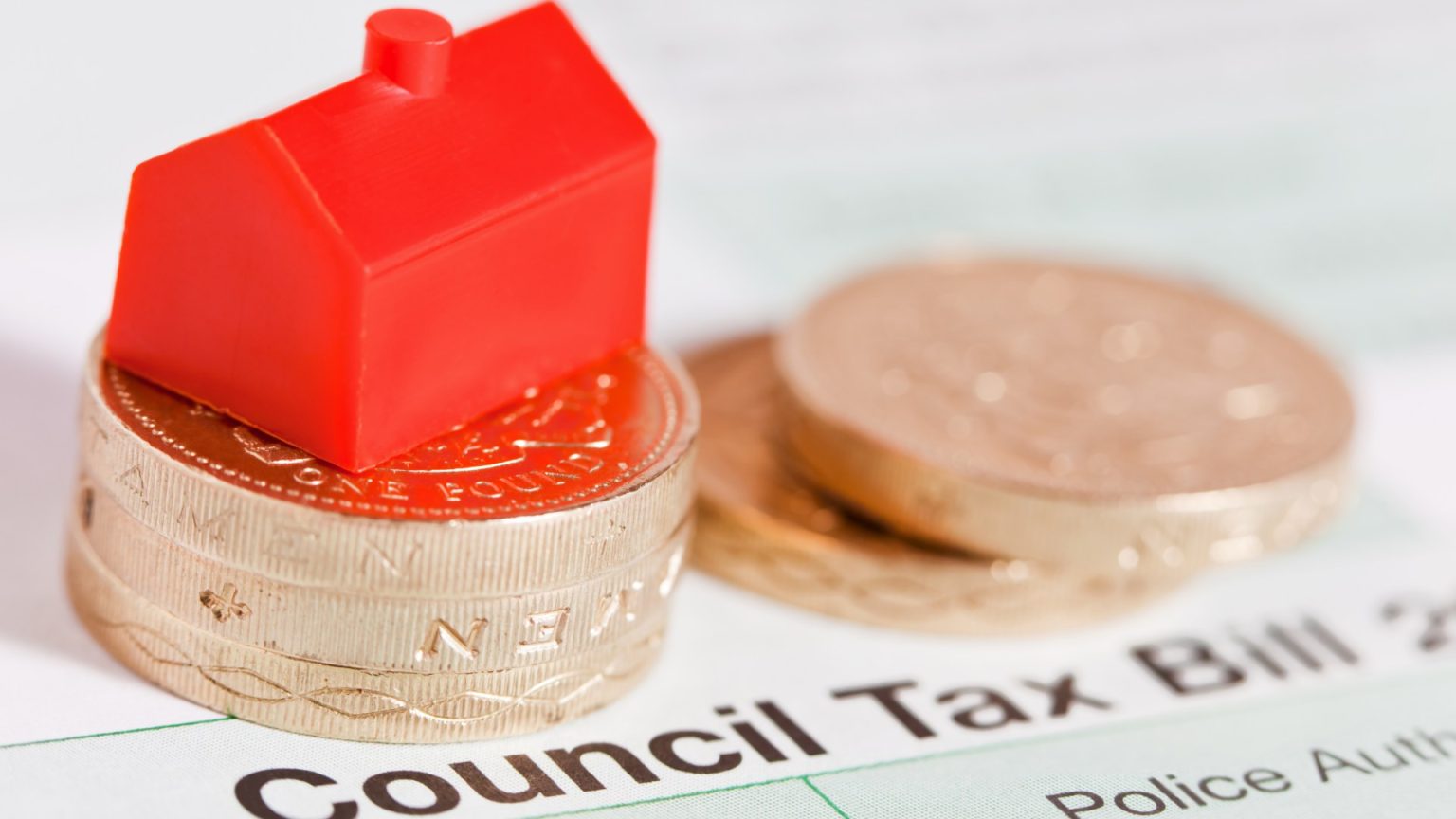The rising cost of living in the UK is placing immense pressure on local councils, forcing them to make difficult decisions regarding council tax support. Tens of thousands of households are bracing for a significant increase in their council tax bills as local authorities across the country reduce or eliminate vital support programs to address funding gaps. This comes at a time when many councils are already requesting unprecedented council tax hikes of up to 25% for the next fiscal year, citing the threat of bankruptcy without additional revenue. Experts warn that these cuts will push vulnerable households further into financial hardship, forcing some to pay council tax for the first time or face reduced discounts.
The debt charity StepChange has observed a worrying trend of increasing council tax arrears among its clients. The average council tax arrears per client has surged by 70% since before the pandemic, reaching over £1,900. StepChange attributes this rise, in part, to the reduction in council tax support. Their research indicates that a significant proportion of clients experiencing council tax arrears had their support reduced in the preceding six months. The planned council tax increases, coupled with diminishing support, threaten to exacerbate the financial precarity of many households. StepChange advocates for increased government funding to reinstate 100% council tax reductions for the lowest-income households, emphasizing the need to end the postcode lottery of support.
Several councils, including Slough, Waltham Forest, Somerset, Nottingham, and Sutton, are implementing changes to their council tax support schemes. Dudley Council is considering increasing the minimum contribution for those receiving support to 60%. Across Greater London, numerous councils are warning of the necessity to reduce support, potentially impacting thousands of households. Some of the lowest-income working-age households could be required to pay up to 35% of their council tax liability, including vulnerable groups such as carers, lone parents with young children, and individuals on disability benefits. In boroughs where 100% support is not currently provided, the lowest-income households could face paying up to 50% of their bill, a significant increase from the current 20-30%.
Waltham Forest Council has already voted to eliminate support for thousands of residents. Low-income households will see their contributions jump from as low as 15% to as high as 43% of their council tax bill. Sutton Council is proposing to remove the 100% exemption, requiring every household, including those out of work or on disability benefits, to pay at least 5% of their council tax. Nottingham Council is planning several changes, including reducing the maximum support level to 80%, basing support on a Band B property (requiring those in larger properties to pay the difference), and introducing a minimum weekly award of £5.
Slough Council is reducing its maximum support level from 100% to 80%, impacting over 1,000 households currently receiving full discounts. However, the council is also proposing to double its hardship fund to mitigate the impact on the most vulnerable. Somerset Council is implementing a series of changes, including reducing support for working-age applicants, introducing a non-dependent deduction, restricting support to Band D council tax levels, and limiting backdating of support to three months. These changes are expected to affect around 12,600 low-income households.
While councils grapple with difficult financial decisions, several forms of council tax support remain available to eligible residents. These include discounts for single persons, retirees, and low-income households. Single person households are generally entitled to a 25% discount. Pensioners receiving the Guarantee Credit element of Pension Credit can receive a 100% discount, while other pensioners on low incomes may also qualify for support. Low-income households and those receiving benefits can also apply for council tax reduction, although eligibility criteria vary depending on location. Individuals struggling to pay their council tax are encouraged to contact their local council as early as possible to explore options such as deferrals or payment plans. Information on applying for council tax reduction can be found on the government website (https://www.gov.uk/apply-council-tax-reduction). Applicants will typically need their National Insurance number, bank statements, payslip or Jobcentre letter, and a form of identification.




